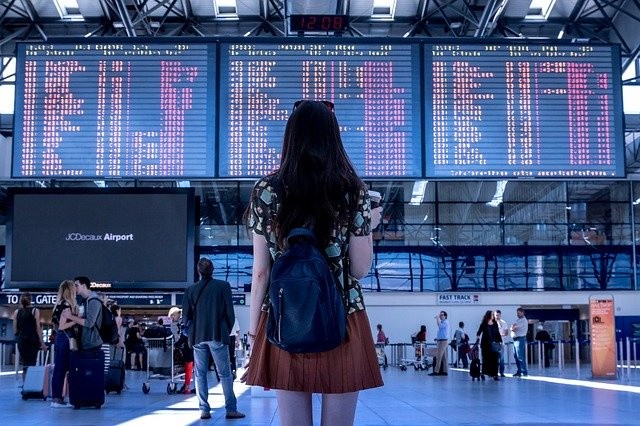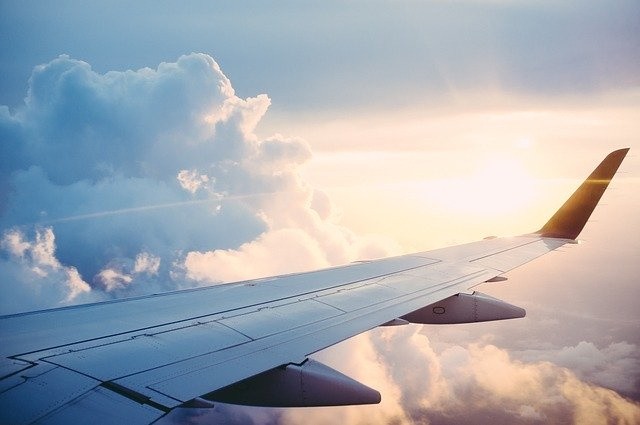According to a report from NBC News, airline travel after the pandemic will look very different from the low-cost "gateway" trips of the past. Higher ticket fares, no inflight alcohol, and temperature checks before boarding will be waiting for the passengers.
Currently, airlines are concerned about the eventual return of passengers and the need to implement significant measures to prevent the further spread of the coronavirus.
Also Read: Coronavirus Aftermath: Mental Health Problems Increase; Global Starvation at the End of 2020, Experts Predict

According to the report, two carriers have already been forced into bankruptcy ever since the airline industry's traffic plummetted by 95%.
According to Alexandre de Juniac, head of the International Air Transport Association, the global air transportation authority, fares will increase by 50% since planes will attempt to enforce social distancing.
Delta and Easyjet said to have a safe distance between passengers and those who are not part of their travel party, the airlines will also remove the middle seats.
Flights will no longer be the same once the pandemic is over: Higher fares, longer waits, and no booze will be waiting for your next flight
According to NBC News, inflight meals will also look different once the pandemic is over. Inflight magazines and paper menus will be gone. Alcohol and meals will not be provided by American Airlines, except on flights with international routes as explained by the company.

While prepackaged and sealed drinks will be offered by United Airlines, Delta encourages its passengers to pack their own food in order to lessen the physical contact between them and the company's employees. First-class passengers will be given a packaged meal containing items such as a fruit plate and a sandwich.
According to the report, another good reason why passengers should bring their own food is because of the expected longer waits in airports. A four-hour wait is said to be the norm in most of the airports across the globe since airlines will be sanitizing and inspecting passengers' bags and tagging them once they are finished. This will, of course, take additional time.
"We have to reimagine and reshape our airline and create a new future for our people, our customers, and the destinations we serve," said Alex Cruz, CEO of British Airways in the report.
The International Civil Aviation Organization stated that 1.5 billion fewer passengers will be faced by global airlines this year. Meanwhile, $273 billion in revenue will be lost since the seating capacity of airlines could drop by almost three-quarters.
The pandemic has become even worse than what the airline industry experienced after the terror attack on September 11, 2001, as described by the airline executives and the US Secretary of the Treasury, Steven Mnuchin.
Also Read: COVID-19: Anti-Quarantine Groups Found New Home After Being Banned on Facebook
ⓒ 2025 TECHTIMES.com All rights reserved. Do not reproduce without permission.




